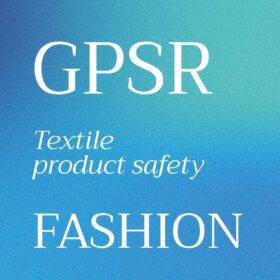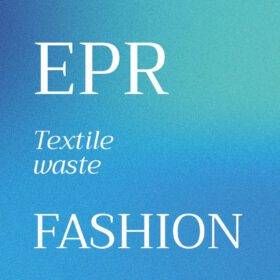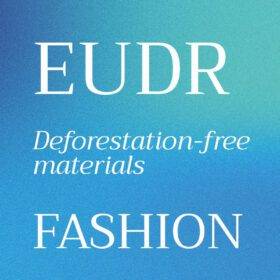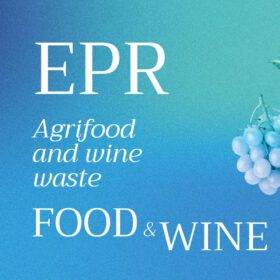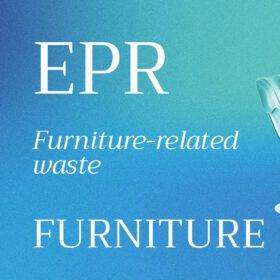The European Commission has proposed an amendment to the Waste Framework Directive, introducing the Extended Producer Responsibility (EPR) scheme and extending its scope to include EPR textile management. Under this scheme, producers will be required to take responsibility for the entire lifecycle of their products, particularly at the end-of-life stage. For the fashion sector, this translates into a stronger commitment to textile waste management and the adoption of more sustainable practices. Moreover, with the new harmonised regulatory framework, all companies, including smaller businesses, will gain access to the resources and infrastructure needed for the proper handling of textile waste. To ease the transition, micro-enterprises will benefit from an extended timeline: they will have one additional year compared to other companies, meaning a total of 3.5 years after the new European standards come into force.
Reading time: 4 minutes
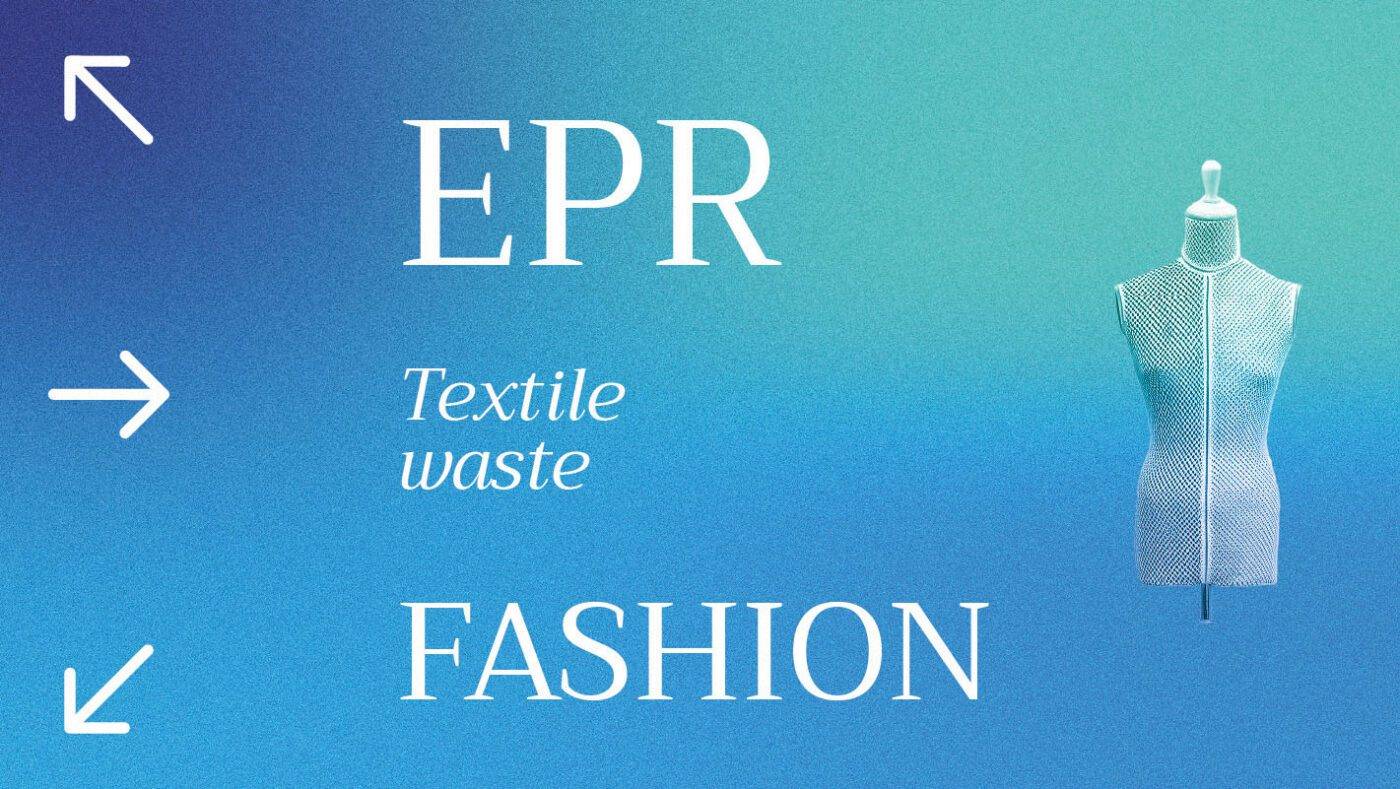
Index
- Textile waste: towards circular and responsible management
- What is the impact of Extended Producer Responsibility (EPR) on manufacturing companies?
- Schedule for the EPR textile application
- Textile waste management and EPR: Digital Product Passport contribution
- Discover the other EU Regulations in the fashion, clothing, textile, and apparel sector
- Our EPR platform is already operational in multiple sectors
Textile waste: towards circular and responsible management
The interim agreement on the revision of the Directive now needs to be approved by the Council and the European Parliament before the legal-linguistic revision. Once formally adopted, Member States will have up to 20 months to update their national laws and comply with the new provisions. The European Commission will also assess several aspects of the directive, including the funding of EPR schemes and the possibility of introducing specific targets for textile waste management by 2029. We are closely following regulatory developments related to extended producer responsibility and will provide updates as more precise guidance emerges.
What is the impact of Extended Producer Responsibility (EPR) on manufacturing companies?
Companies producing and distributing clothing, footwear, home textiles and leather accessories will need to implement practices that promote the recovery and recycling of end-of-life products. Under extended producer responsibility (EPR), they will be responsible for the textile waste generated and will have to contribute economically to collection and treatment, with tariffs based on weight, quantity and sustainability of the product. Producers will be required to:
- Manage the product life cycle, ensuring proper collection, recycling or disposal.
- Adopt a sustainable design, avoiding polluting materials and encouraging disassembly and recyclability.
- Ensure traceability by monitoring the origin of materials and recycling routes.
- Ensure the safety of products, avoiding risks to health and the environment at the end of life.
- Provide certification of compliance, demonstrating sustainability and EPR compliance.
- Train staff, ensuring competence on sustainability, recycling and current regulations.
Schedule for the EPR textile application
The text of the interim agreement on the revision of the Waste Framework Directive is currently undergoing legal and linguistic review. Formal ratification by both the Council and the European Parliament is still pending. Once published in the Official Journal, Member States will have 20 months to transpose the new provisions and 30 months to fully implement Extended Producer Responsibility (EPR) schemes for textiles.
Textile waste management and EPR: Digital Product Passport contribution
Made in Block’s Digital Product Passport (DPP), integrated with blockchain and artificial intelligence, helps textile companies track their supply chain and communicate transparently with consumers. The platform offers detailed information on the product lifecycle, supporting responsible textile waste management and promoting a circular economy model. The DPP serves as a digital touchpoint that strengthens the consumer connection, encourages more sustainable business models, and ensures compliance with Extended Producer Responsibility (EPR).
Request a free consultation and more information by clicking here.
Discover the other EU Regulations in the fashion, clothing, textile, and apparel sector
- Digital Product Passport Regulation – EU ESPR for FashionIn this article, we delve into the Digital Product Passport… >
- GPSR EU Fashion & Apparel: safety of textile productsThe General Product Safety Regulation (GPSR), fully effective from December… >
- EPR textile waste – The solution for the Extended Producer ResponsibilityThe European Commission has proposed an amendment to the Waste… >
- EUDR EU for leather and fashion: obligations, traceability and DPPThe EUDR EU regulation on leather and fashion governs the… >
Our EPR platform is already operational in multiple sectors
- EPR food sector: the ready-to-use solutionThe European Union is strengthening measures to reduce food waste… >
- Extended Producer Responsibility (EPR): the platform you needWhat does Extended Producer Responsibility (EPR) mean in the context… >
- EPR textile waste – The solution for the Extended Producer ResponsibilityThe European Commission has proposed an amendment to the Waste… >










